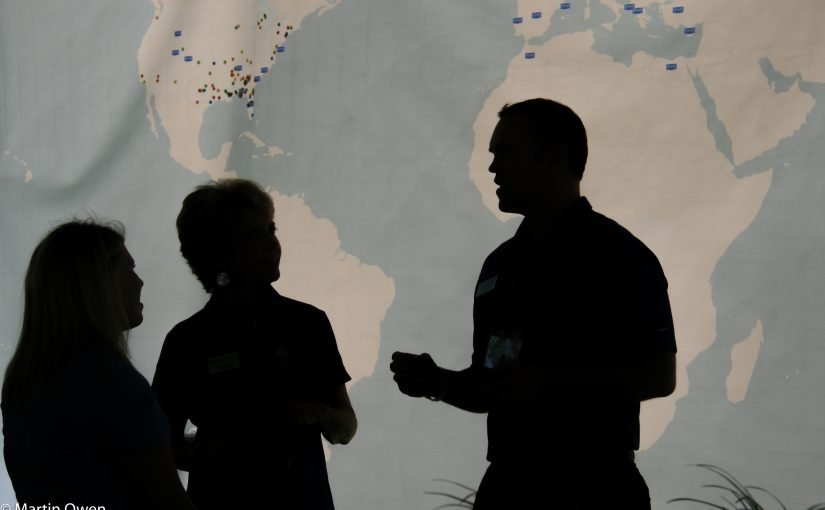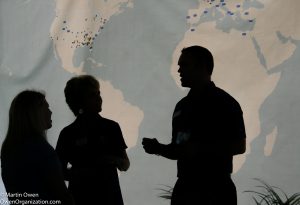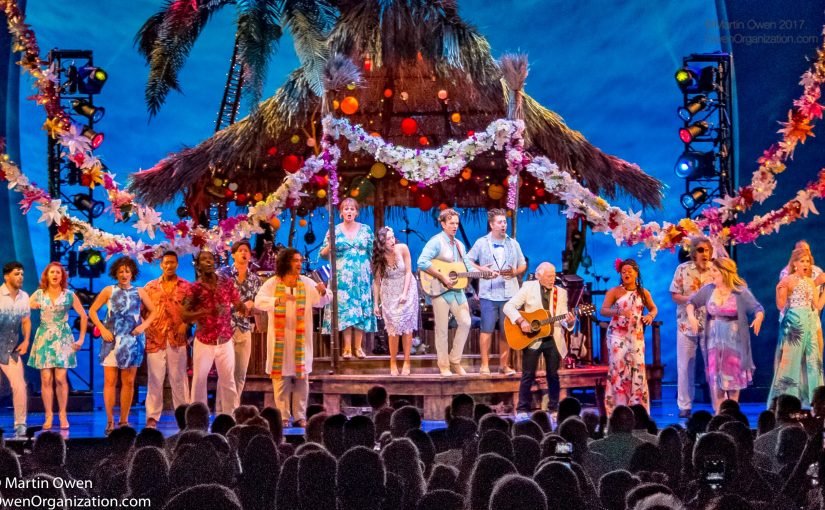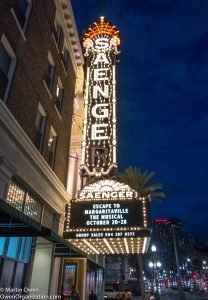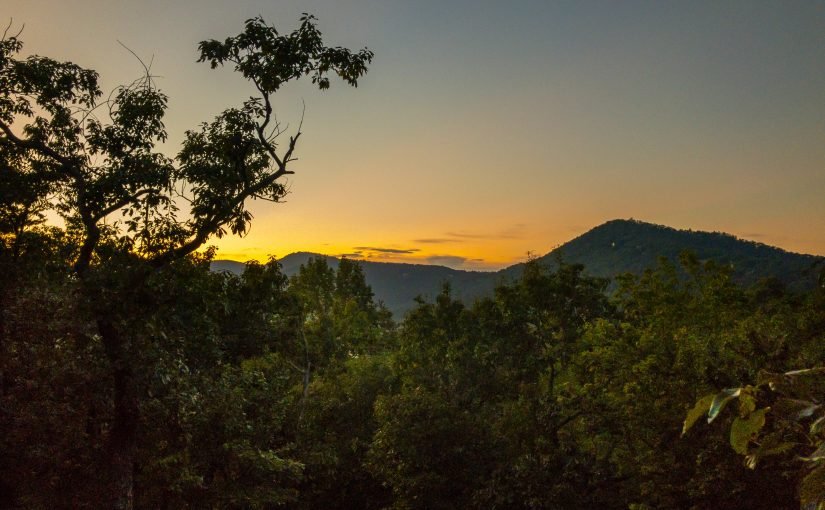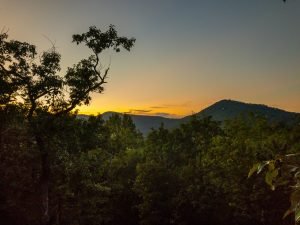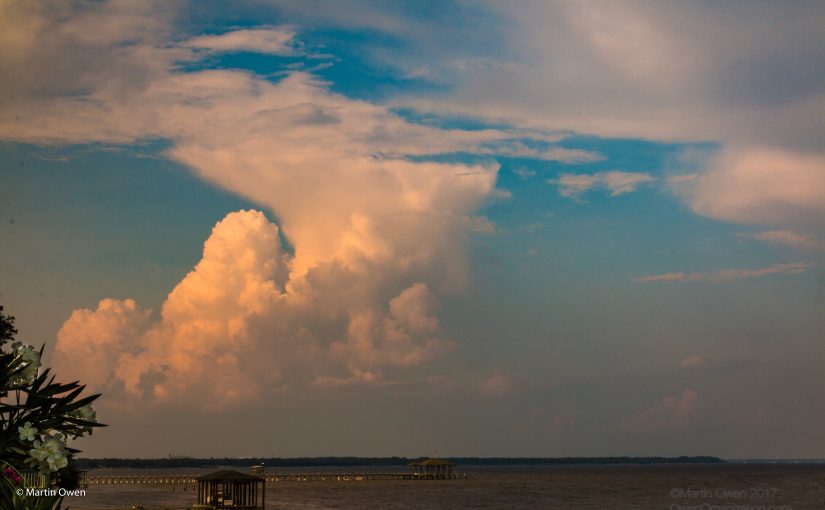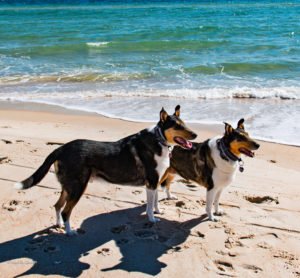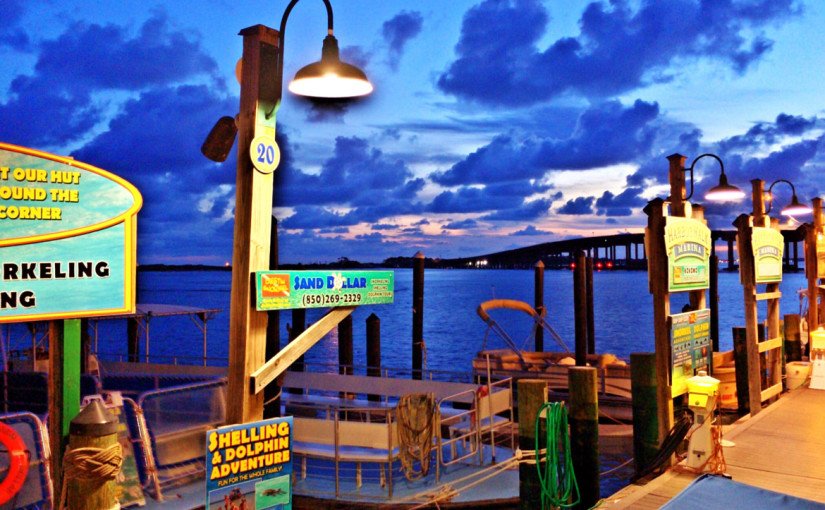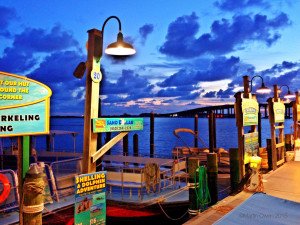Welcome to August!
Here on the northern coast of the Gulf of Mexico, the peak of the summer tourist season is drawing to a close as the schools begin to return for the new academic year. The majority of the summer tourists to the area that stretches from Apalachicola on the Forgotten Coast through to Orange Beach and Gulf Shores in Alabama (actually also further through Mississippi to Louisiana) relies heavily on the family market and draws from the whole of the South East and now up into the mid west. So, now comes the time to reflect on what we did well and what we can improve for 2018.
Of course, the best part of the year is yet to come, as the weather cools slightly and humidity drops, we start to attract both local tourists and the visitors who are not tied to school vacations. A time for festivals and events that draw in an audience that tend to spend more and have an emotional attachment to the Gulf Coast.
How do you reach out to these guests to your business? What’s the secret to getting under their skin? I recently wrote a blog post about the impact that the iPhone and other smart devices have had on the travel, tourism and hospitality industries. In many cases we don’t recognize how things have developed over the past ten years or the major impact changes have had. We’ve seen how the music industry moved through cassettes, CDs and into downloads (possibly back to vinyl too!) over a relatively short period of time but the changes brought about by smart devices have been more rapid and continue to evolve. Fingerprint recognition on phones is now commonplace for unlocking and payment systems but now it’s rumored that Apple will introduce facial recognition on their next iPhone. At the same time Delta Air Lines who have been using electronic boarding passes on flyers phones are now experimenting with identifying passengers with fingerprints and iris scanners.
Does this have an impact on you? If you’re involved in the accommodation industry, how long before the move to door locks that react to smartphones is common place. Major hotel groups are rolling those out and even cruise companies are fitting out their ships with them. This is at a time when many condo owners resist even installing free wi-if for their guests.
How about payment systems take Apple Pay and the Android equivalent? Is that becoming pervasive and does your restaurant/attraction/hotel (insert the appropriate business!) accept it? I was surprised at a fairly high end restaurant recently to be told they didn’t accept American Express cards for payment, let alone any phone based payment systems. That seems to me to be alienating a whole sector of high spending guests.
We are seeing grocery delivery to condos an beach homes taking off with companies like Destin Grocery Girls and now Whole Foods, Fresh Market and Publix offering similar services. This could well have an effect on how many times tourists visit restaurants during their stay. The delivery of very high quality food to your own vacation kitchen, means you don’t have to go out to fight traffic, find parking or restrict alcohol consumption. The tourist may then just go to restaurants for their ‘amazing’ experience.
These are all changes that are happening faster than we care to admit, and need fast reactions from those of us in the industry.
Traffic, tourists and tourism employees.
One of the things that agitates us locals about the summer season is traffic. Believe me it affects the tourists too. The great danger is that the visitors, particularly those coming for the first time may be put off returning if they spend a lot of time stuck in traffic jams. It’s a phenomenon that affects the whole of the Gulf Coast to a lesser or greater extent, although the actual manifestations vary from area to area.
For some destinations traffic issues are pure access. The Saturday snarl-ups at the mid-bay bridge for example, or the lines along 98 around the Navarre bridge. On 30A there are certainly some bottle-necks but the issue there appears to be where to find a parking space. Okaloosa Island and Fort Walton Beach suffer from the bridge with junctions at both ends, while Destin is in grid lock for various reasons from Destin Bridge all through to the county line in the east. The ‘season’ for this is of course from Memorial Day to Labor Day. The rest of the year there is not such an issue. This all stems from our infrastructure which was not planned to cope with the volume of traffic during the peak season. No person or entity could have foreseen such growth when the road system was planned (or happened!) years ago.
The apparently obvious solution is to build more roads, elevated highways or even ban traffic, but none of this makes sense in the short term. Roads take years to plan and authorize, and highways cost upwards of $1 million a mile to build. I’ve been looking at what tourists destinations worldwide are doing to solve such issues in the short term, making best use of the resources they have available, plus how they are planning for 5, 10 and 20 years ahead – giving the time it takes to plan and build infrastructure changes. It’s vital to factor the demographic and attitude changes we can foresee or guess. For example, fewer people are learning to drive and many are not considering car ownership. Ride sharing and acceptance of efficient and pleasant public transport is growing. Autonomous vehicles are coming faster than many are recognizing. Building infrastructure based on current attitudes and technology may be inefficient and frankly redundant. Added to that we need answers now, not in five or ten years time.
Walton County have a parking issue. Those visitors who visit 30A need somewhere to park, so the county has used bed tax to purchase a total of 12.66 acres of land to provide for beach access, parking and a future trolley hub. This seems, to this tourism guy, an eminently sensible move.
I mentioned that Walton County have recognized that parking is their major problem and they have taken steps to address this immediately. The County has spent $24.1 million of bed tax on 12.66 acres of land including 697-feet of beachfront. This will primarily be used for parking but critically also for a future trolley hub.
Visitors, who we should recognize are increasingly familiar with ride sharing (Uber and Lyft), and public transport in their urban home environments, are happy to use trolleys on vacation if those are comfortable, efficient an either free or cheap. They will give up their cars for a more stress free experience. Indeed with the drop in people learning to drive, and in car ownership particularly in urban environments (where most of our visitors originate) they may be attracted by the availability of trolleys. Subsidizing these services may prove cheaper than building roads (at a cost of upwards $1 million per mile) or maintaining them. It’s also something that can be done now, for next season, rather than in 5 or 10 years.
How about 98 through Destin? Well, much of this traffic is visitors driving through the area, and we need to encourage a lot of this to transit through and around the area on I-10. However, a great deal of the volume is getting from accommodations to the beach, the stores, events and restaurants. Not only does this traffic clog the roads but needs parking at either end. Many destinations are solving this issue by providing park-and-ride services. Acquiring parking areas is invariably cheaper than building roads and certainly more immediate. Subsidizing trolley services is again cheaper than building and maintaining roads. Importantly, the trolley service must be attractive, so it must be efficient, pleasant and crucially be a better experience than using your own vehicle.
This means the trolley must have priority over other road users, either by creating bus lanes (possibly only during peak traffic periods) and by making the ride cheaper. Free trolley travel, and charging for parking, except at the park-and-ride stop is a good start and is being used in many destinations across the country and around the world. Providing trolley transport and park-and-ride would also help workers in the tourism and hospitality industries get to their jobs too. They need all the help they can get!
Remember that these concepts can be implemented quickly not over many years. They’re also in use in many other places. They are measures that can be switched on only at peak times, either during particularly heavy traffic hours, days or certain months. They can be flexible in that we can adapt to changing demographics and fashions and we won’t end up covering the whole coast in tarmac!
Our solutions to these challenges need to be radical and inventive. We don’t need to reinvent solutions. Many others have already proved they work.
A further traffic issue we have in the area from Fort Walton Beach through to 30A is how the people who work in the tourism and hospitality industry get to and from work. Comparatively few industry folk actually live in Destin or on 30A. They travel in from Fort Walton Beach, Crestview, Niceville and further out. The cost of gas alone makes a dent in their income and their presence on the road increases congestion. Many travel across the Mid Bay Bridge and get no break in the tolls. It makes no sense if these workers have to work for an hour just to pay their Bridge tolls. Surely the Bridge Authority could engineer a 5 day pass for these vital workers as a starting point. Again, cheap or free park and ride using public transport to could not only make our strategic tourism worker’s lives better and more cost effective, but could reduce traffic congestion particularly during high traffic months.
These aren’t socialist ideas or anti-capitalist suggestions. These are sensible ways of maximizing our infrastructure, making the area both better to visit and to live in, and remarkably cost effective. Roads cost $1 million a mile to build and years to plan and implement. Bridges cost even more and take even longer. Public transport, even subsidized, costs less and can be put into place right away or at least by next summer.
We have to take into account as I’ve said before, the changing demographics. Just because people drive here now and have dome for years, doesn’t mean they will continue to do so in the future.
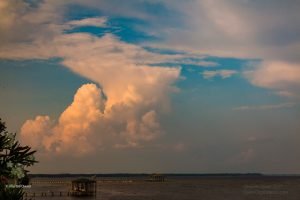
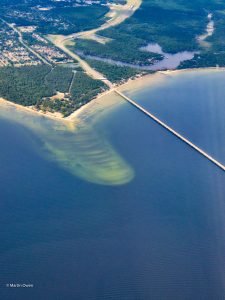
In case you were wondering…..
….what happened to my weekly column in the Northwest Florida Daily News, here’s the scoop. Actually, I hear mutterings of “what column” and “what’s the Daily News?”, but I’ll ignore those for the moment!
Despite being asked to write the Talking Tourism column and being assured that both the newspaper and the readers enjoyed the piece and it was everything that had been asked for, it appears that I mentioned travel and tourism suppliers like Uber, Lyft, Trip Advisor, TripShock, Airbnb etc., but failed to give sufficient coverage to destin.com. destin.com is a website owned by the Daily News and is apparently the source of all tourism information in the area. Mea Culpa. I was referring to sites and companies who actually sold travel and tourism products, as opposed to just collecting tourism related stories.
No matter. The content of Talking Tourism will still be published on owenorganization.com/news, and there will also be a monthly Tourism Topics column in Coastlines, the publication brought to you by The Greater Fort Walton Beach Chamber of Commerce.
Keep your ears and eyes open for some other developments around the Talking Tourism subject over the next few months.
Until next month……
Please follow Owen Organization on Facebook, Twitter, Instagram, LinkedIn and 500px and on owenorganization.com.






